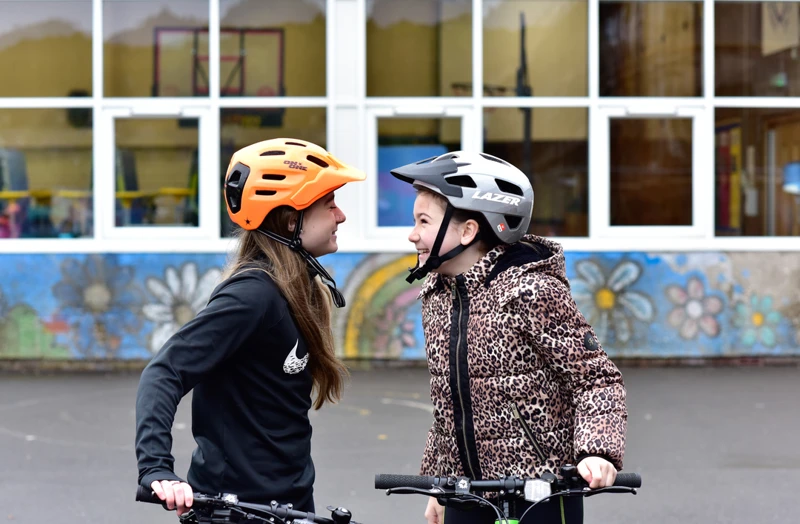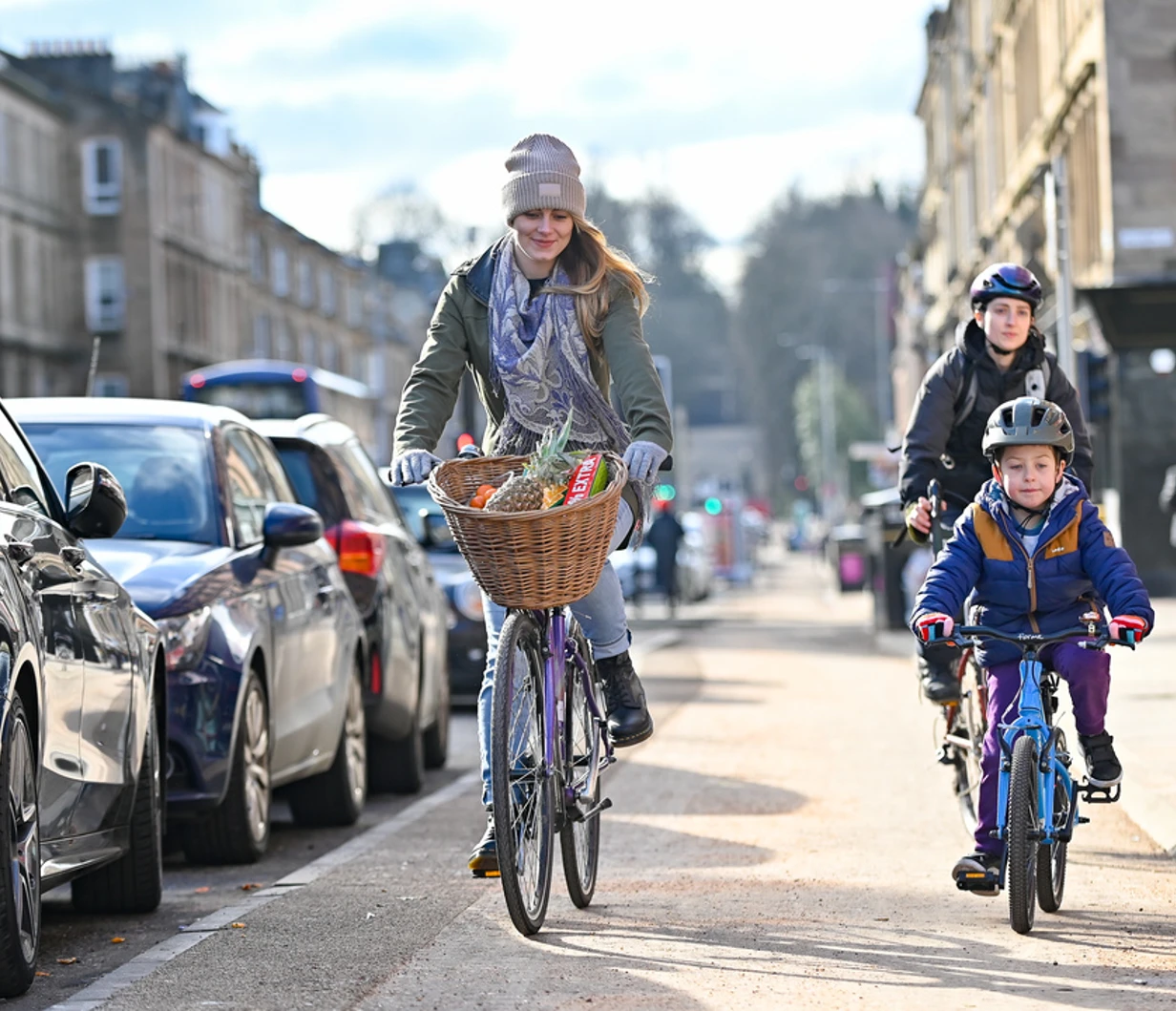
Bikeability Scotland
The national cycle training programme for primary school children.
Working with others, we get more people cycling, more safely and easily in a better environment.
Cycling Scotland was established in 2003 as a national charity to represent cycling interests and to increase levels of cycling. Our vision is of a sustainable, inclusive and healthy Scotland where anyone, anywhere, can enjoy all the benefits of cycling.

In partnership with a range of public, private and third sector organisations and funders, we develop and support the delivery of programmes to support cycling.
Cycling Scotland has six strategic aims which underpin our work and approach:
Our membership is drawn from organisations committed to the achievement of our mission and individuals who contribute their time to our charity. Our members perform an essential governance function, being responsible for electing the Board of Directors who set the overall direction for Cycling Scotland.
Cycling Scotland’s aim is for our charity and our work to reflect society around us and as an organisation we embrace a learning, evolving and supportive culture.
Our values are to be: collaborative; inclusive; professional and evidence-driven; ambitious; sustainable.